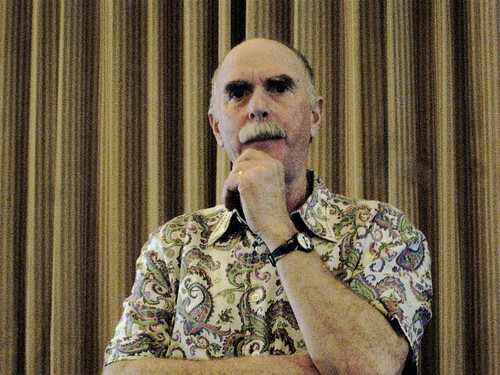As part of the open graduate course discussed in my last post, I have put out a call for microlectures to be included as a resource on the course wiki.
From the wiki:
As an experiment in this course, I am attempting to solicit short, five minute or less, recorded microlectures that will benefit the course participants and hopefully, will also benefit those individuals who submit them. The basic request is simply “teach us something” in a style and media format of your choosing (screencasts, talking-heads, lectures, presentations, hands-on, audio, music, animation, drawing, machinima, etc.). While the course is focused on topics related to social media & open education, I also welcome other subjects as I believe it is important that the power of social media is not in simply teaching about social media.
If you would like to submit a microlecture, please fill out this Google Form with the appropriate information including a web link to your media. Once submitted, the information will appear in this Google spreadsheet.
Thanks to all who consider this request. The course runs from September until early December, so you will have several months to participate. I am hoping that this will become a useful resource for others.




